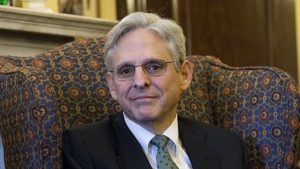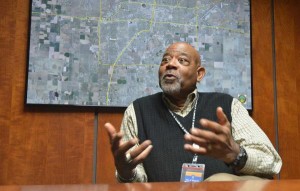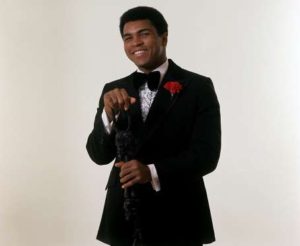It had been some time since I looked at the constitutional justification for the landmark Roe v. Wade ruling that legalized abortion in the United States.
So today, I did in the wake of the Supreme Court’s ruling that strikes down a Texas law that made it more difficult for women to terminate a pregnancy.
Roe was decided on the “due process clause” of the 14th Amendment to the U.S. Constitution, which the court said in its January 1973 ruling guaranteed a woman’s right to an abortion.
Yes, I am aware that constitutional purists will declare that “abortion” isn’t even mentioned in the Constitution, unlike, say, “the right keep and bear arms.”
But these amendments cover a multitude of rights that aren’t necessarily mentioned by name in the nation’s government framework.
The court today ruled 5-3 that House Bill 2 was too restrictive and that it violated a woman’s right to end a pregnancy. The bill became law in 2013 after that famous filibuster launched by then-state Sen. Wendy Davis, D-Fort Worth, who temporarily halted the bill’s progress in the waning hours of the Texas Legislature.
Not to be deterred, then-Gov. Rick Perry called a special session and the Legislature enacted the bill anyway.
According to the Texas Tribune: In a 5-3 vote, the high court overturned restrictions passed as part of House Bill 2 in 2013 that required all Texas facilities performing abortions to meet hospital-like standards — which include minimum sizes for rooms and doorways, pipelines for anesthesia. The court also struck down a separate provision, which had already gone into effect, that requires doctors to have admitting privileges at a hospital within 30 miles of an abortion clinic.
https://www.texastribune.org/2016/06/27/us-supreme-court-rules-texas-abortion-case/
The result of HB 2 was to force clinics that provide abortions to shut down. It made access to the procedure unconstitutionally difficult for women to obtain.
The court decision was swayed by Justice Anthony Kennedy’s siding with the liberals on the court.
Is this a happy ruling? No one should be happy when the issue involves an issue that is as emotionally draining and wrenching as this. Women have been entitled to make these decisions ever since the Roe ruling — which also arose from a Texas case.
I feel the need to add that to be “pro-choice” on this issue should not be construed as being “pro-abortion.” Would I ever counsel a woman to obtain abortion? No. Then again, it’s not my call to make. Nor should it be the government’s role.
Yes, this was a difficult call for the nation’s highest court to make. It was the correct call.









